Rewriting DNA synthesis technology
gSynth®, a TdT-free enzymatic-based DNA synthesis technology for the high-throughput production of synthetic genes of any sequence, any length, any complexity

The ability to produce synthetic DNA of any length and complexity is the cornerstone of biotechnology. Achieving this in a high-throughput environment has been unavailable, until now.
Camena’s gSynth® platform precisely synthesises kilobases of DNA in a day.
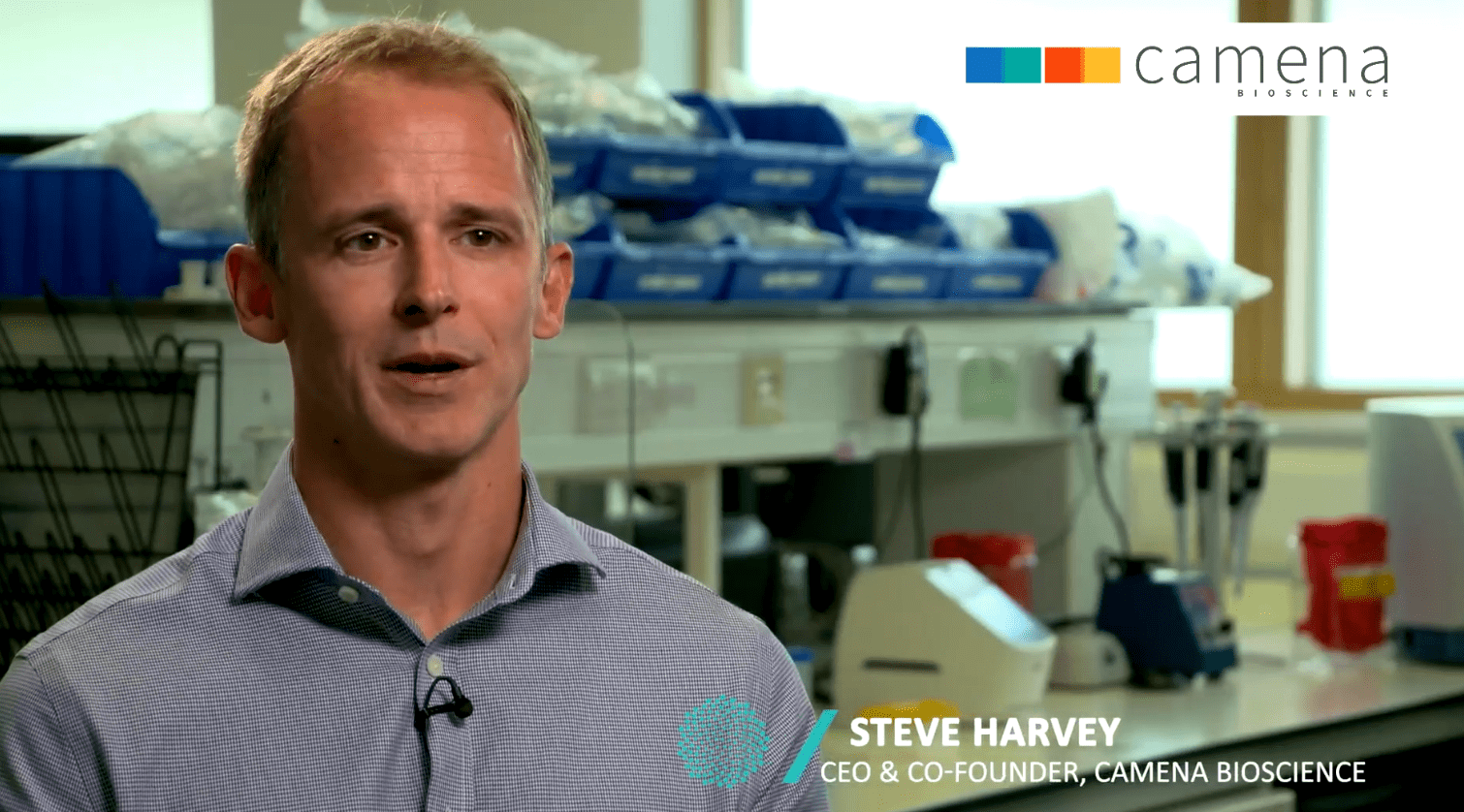
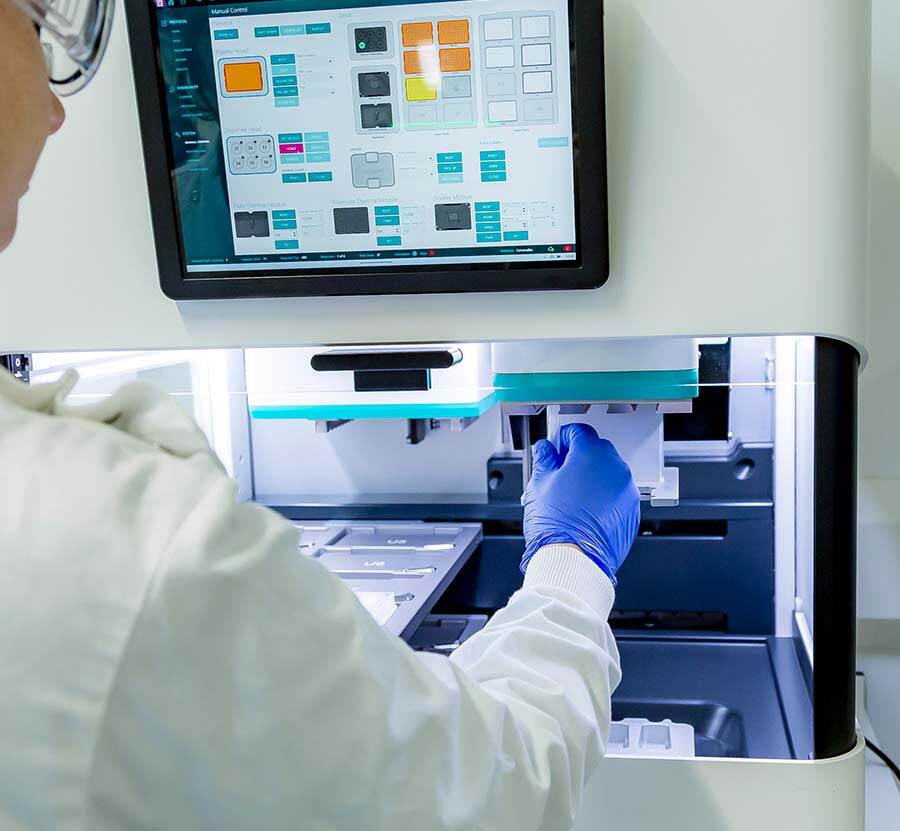
Redefining speed
Our technology can accelerate discovery pipelines by months.
Inaccessible sequences and inaccurate synthesis cause time-consuming delays. Our multi-enzymatic synthesis and proprietary design algorithm give you complete control over DNA sequence production. gSynth® is accelerating and enabling discovery pipelines by rapidly providing access to the sequences you need.
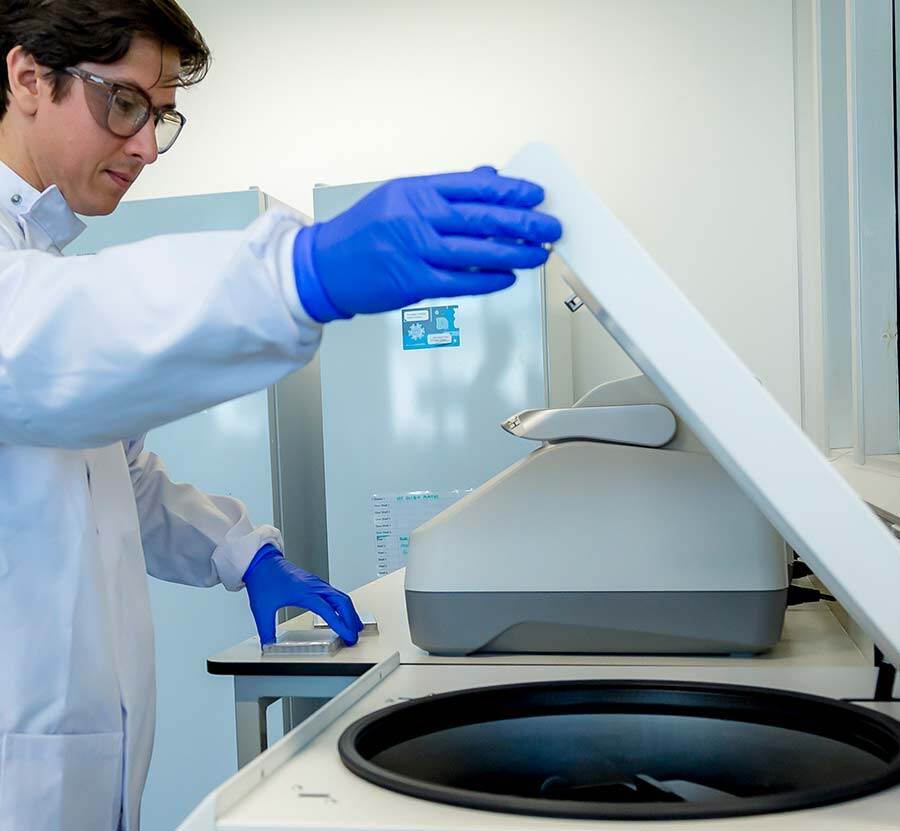
A healthier alternative to drug discovery
The environmental impact of the healthcare sector is widely recognised, and traditional DNA synthesis methods produce significant amounts of solvent waste.
Camena supports the pharmaceutical industry’s collective commitment to decarbonise health systems via the Science Based Targets Intiative (SBTi) and are leading the way with a green synthesis technology focused on reducing waste throughout supply-chains.
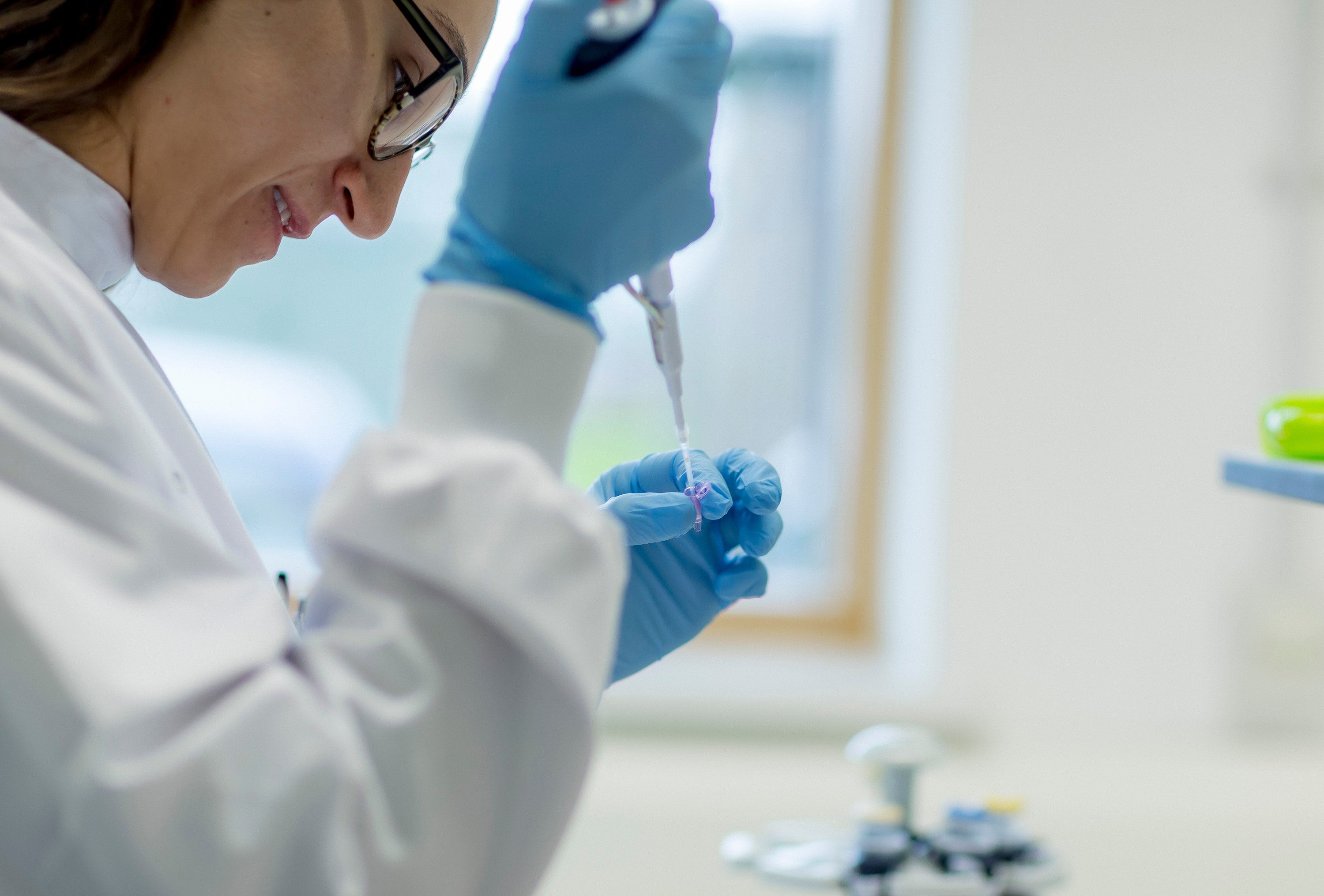
Sequence security through in-house synthesis
Maintain the security of your proprietary DNA sequences and high-value therapeutic programs with in-house synthesis capabilities.
Enabling new therapeutics and applications
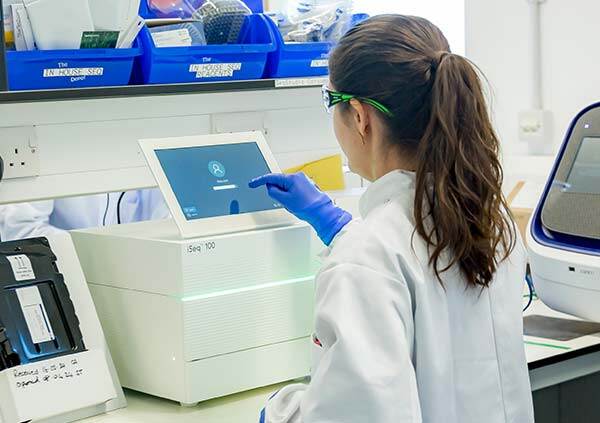
Rising demand for unique DNA templates
To realise the potential of mRNA vaccines, greater access to gene-length DNA is needed beyond what’s available now.
Overcoming instability and downstream purification
Poor translational efficiency and risk of contaminants are impacting development costs and timescales.
gSynth: the potential to empower vaccine development
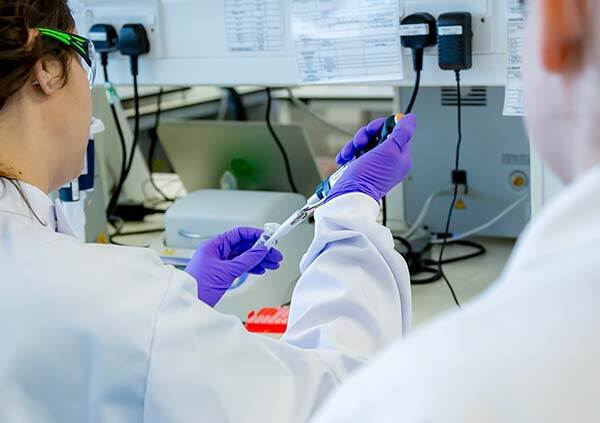
Design and manufacture of cell and gene therapies
Requires precise DNA synthesis technology for targeting specific tissue types, variable therapeutic payloads, regulatory elements, or inverted terminal repeat sequences (ITRs).
Avoid assembling error-prone sequences and cell-based cloning
Compound errors from traditional chemical synthesis and assembly can require multiple rounds of cloning and repeated steps; adding time and cost to pipelines.
gSynth: an extra chance at developing a life-saving medicine
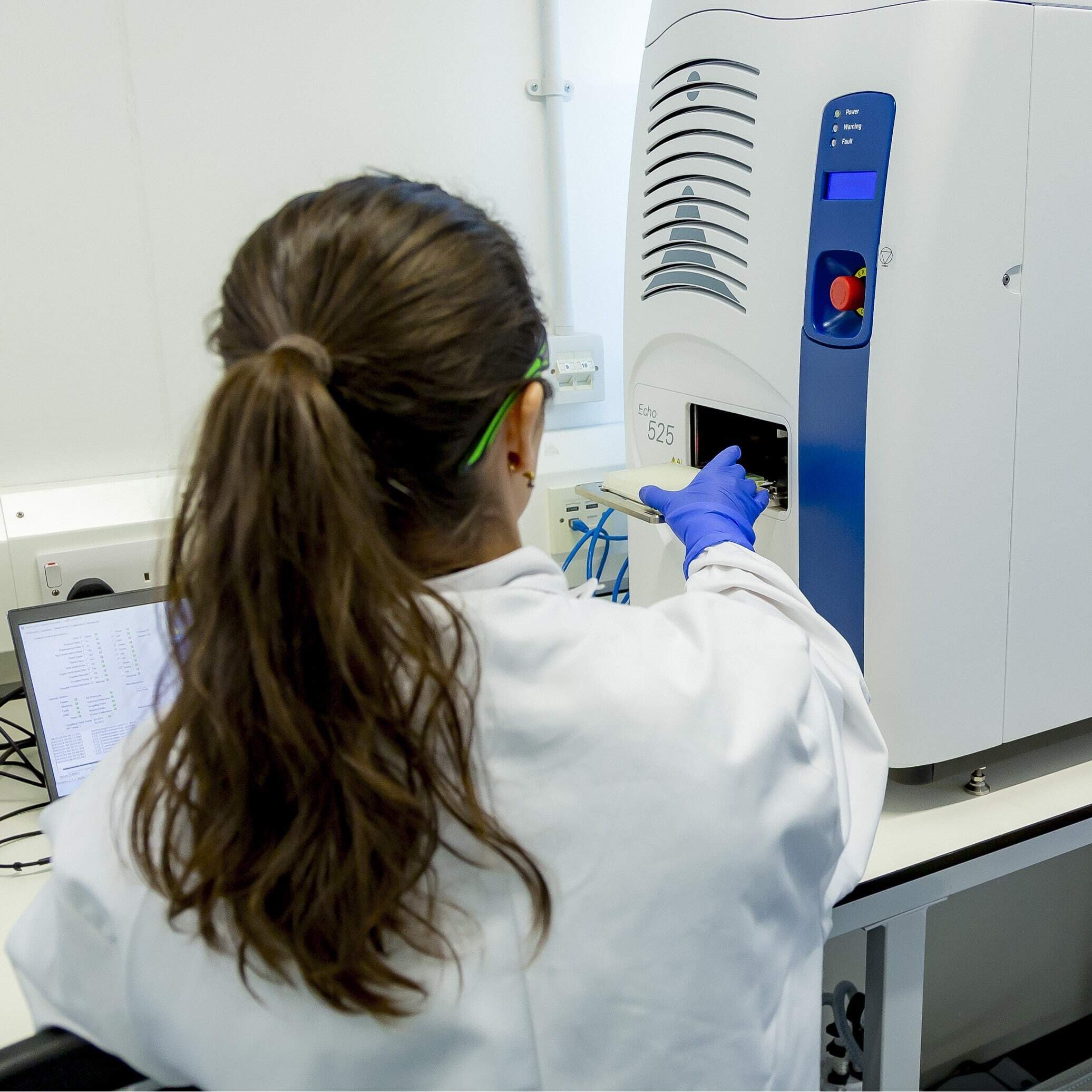
Current DNA synthesis methods can't keep up with CRISPR
Many applications are hampered by the struggle to produce long, accurate, synthetic DNA at scale.
Increase in multiplex editing and screening
Driving demand for greater editing efficiency, controlling regulation, and large inserts.
gSynth: a better way to make DNA
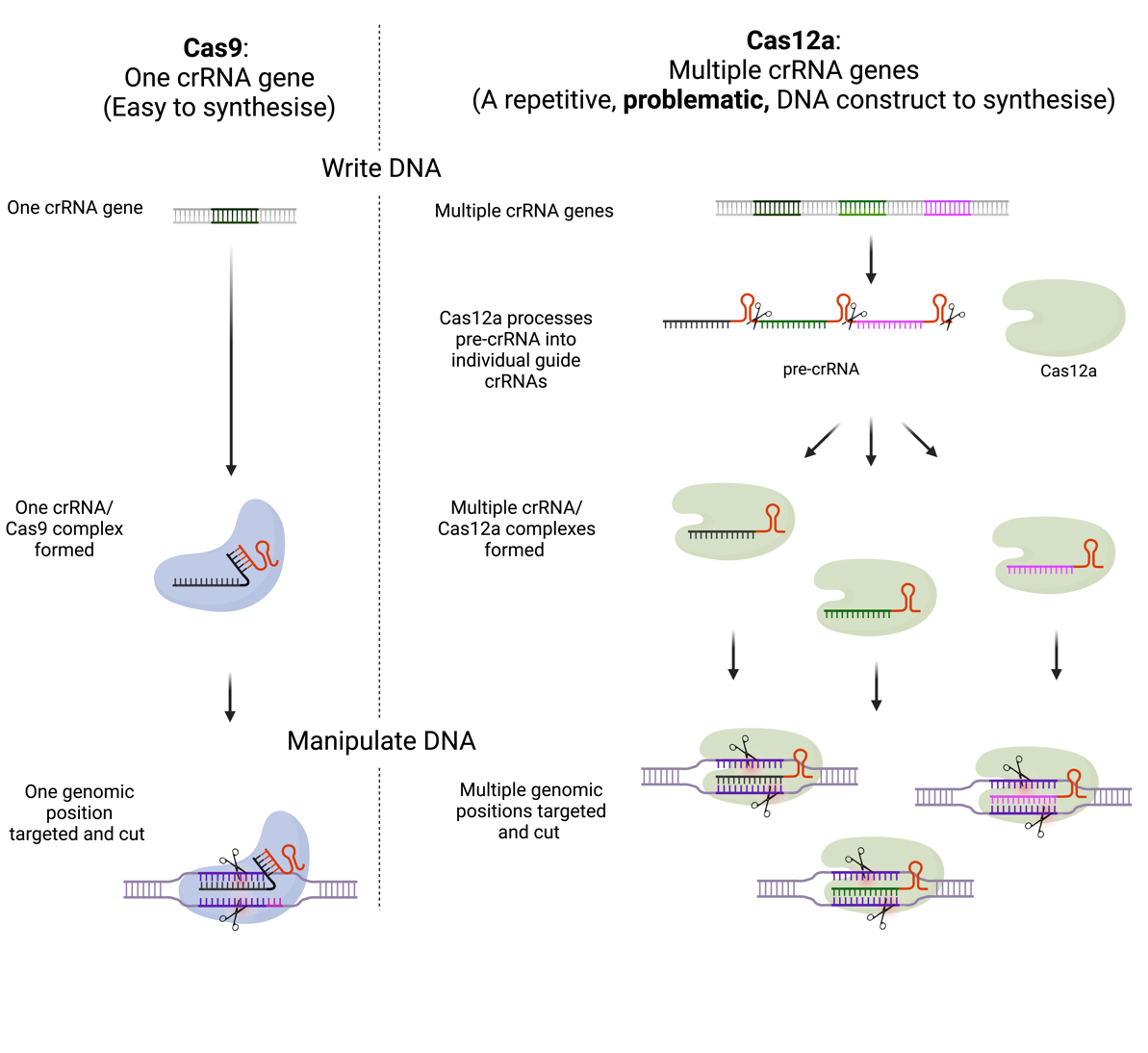
Verified Cas12a constructs
gSynth provides access to complex DNA that has been historically hard to manufacture; including GC-rich promoters, enhancers, terminators, long repeats and in this case, Cas12a constructs.
Multiplexed gene editing with CRISPR
CRISPR-Cas9 spurred a genome editing revolution. The Cas9 protein can target and cut a specific DNA sequence when supplied with the right guiding molecule (crRNA) - but it’s limited to a single DNA site. Many genome editing projects target multiple genomic locations, and multiplexed editing is required.
Unlike Cas9, Cas12a can process its own guiding molecules. This unique capability allows Cas12a to process a single pre-crRNA array, encoding multiple target DNA sequences, into multiple guiding molecules, enabling it to make modifications across multiple genetic locations.
gSynth® has enabled customer discovery pipelines by synthesising the long, complex and highly repetitive sequences required to make pre-crRNA arrays.
Image produced via Biorender
Stay updated
Subscribe to our newsletter to receive updates on our latest research, breakthroughs and company news.
Our latest insights and news
The codon optimisation challenge
Life's code isn't strictly in DNA, it's also where information is translated into proteins. Consequently, changing a gene's codons can disrupt its protein function. Even the FDA think this topic is important.
Why are we TdT-free?
In recent years, there has been significant interest in using an enzyme called Terminal deoxynucleotidyl transferase (TdT) to produce synthetic DNA. If we're a cutting-edge DNA synthesis company, why aren't we using TdT?


